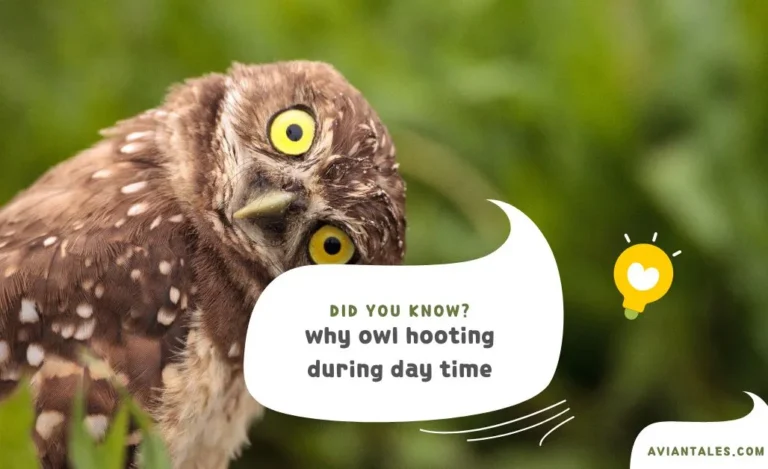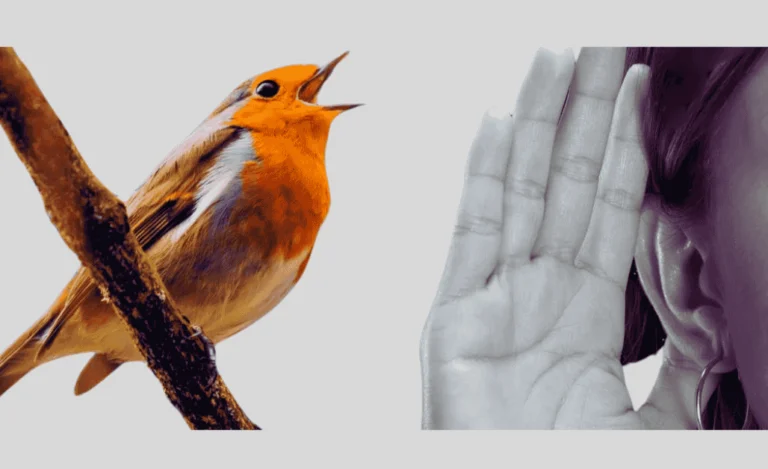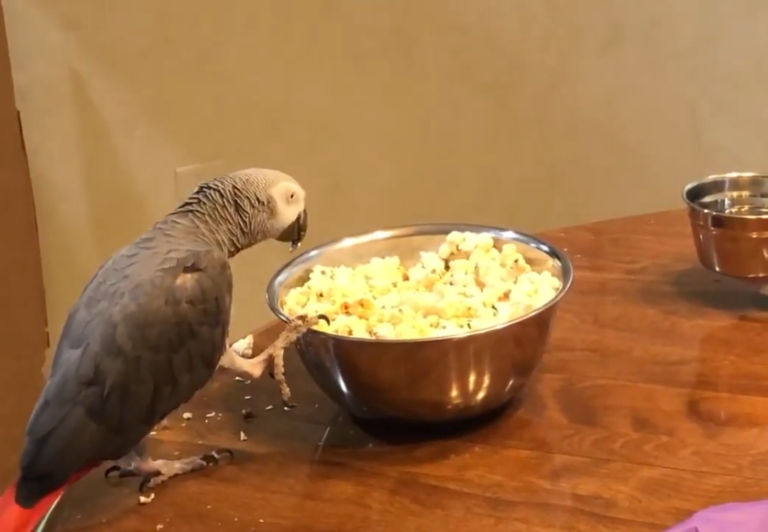How to Keep Your Pet Bird Healthy
Keeping a pet bird healthy requires proper care, attention, and a suitable environment. Birds are delicate creatures that need the right diet, hygiene, and mental stimulation to thrive. Here’s how you can ensure your pet bird stays in top condition.
Create a Safe and Comfortable Environment
A well-maintained environment is key to a bird’s health. Choose a spacious cage that allows free movement. The cage should be made of non-toxic materials and placed away from direct sunlight, cold drafts, and kitchen fumes.
Maintain an ideal room temperature between 65–80°F (18–27°C) with good ventilation. Ensure your bird gets enough natural light or a UVB lamp to support vitamin D production.
Provide a Balanced Diet
Nutrition plays a major role in a bird’s overall health. A diet should include high-quality pellets, fresh fruits, vegetables, and occasional seeds. Avoid foods like chocolate, avocado, caffeine, and salty snacks, which are toxic to birds.
For a detailed guide on feeding pet birds, read The Role of Diet in Bird Health.
Keep the Cage Clean
A dirty cage can lead to infections and respiratory issues. Clean food and water dishes daily. Remove droppings and leftover food regularly. Deep-clean the cage with a bird-safe disinfectant at least once a week.
Line the cage with newspaper or plain paper for easy waste removal. Avoid scented cleaners or aerosol sprays near your bird, as they can harm its respiratory system.
Encourage Exercise and Mental Stimulation
Birds need physical and mental activities to stay healthy. Provide perches of different sizes, climbing ladders, and swings to promote movement. Let your bird fly in a safe indoor space for exercise.
Toys like bells, mirrors, and chewable items help prevent boredom and stress. Interact with your bird daily to strengthen bonding and mental stimulation.
Schedule Regular Vet Check-Ups
Routine health check-ups help detect early signs of illness. Birds often hide symptoms of sickness until it becomes severe. Watch for changes in eating habits, droppings, feather condition, and activity levels.
Some common bird illnesses include:
- Respiratory infections – Sneezing, wheezing, nasal discharge.
- Feather plucking – Often caused by stress or nutritional deficiencies.
- Digestive issues – Diarrhea, vomiting, or changes in droppings.
Visit an avian vet at least once a year or immediately if you notice any of these symptoms.
Proper Grooming and Hygiene
Regular grooming keeps your bird comfortable and clean. Provide shallow water bowls or spray mists for bathing. This helps maintain feather quality and removes dirt.
Trim overgrown nails carefully to prevent injuries. If your bird’s beak appears too long, consult a vet for trimming. Never attempt to clip it yourself, as it may cause serious harm.
Prevent and Manage Health Risks
Birds are prone to stress-related health issues. Loud noises, frequent cage changes, or lack of social interaction can cause anxiety. Keep the environment calm and familiar.
Ensure your bird is protected from parasites like mites and lice, which can lead to itching and feather loss. Clean perches and nesting areas regularly to prevent infestations.
Handle Your Bird with Care
Improper handling can cause stress or injury. Always approach your bird gently and support its body properly. Avoid grabbing or restraining it forcefully.
If your bird gets injured, provide immediate care. For detailed steps on first aid and recovery, read How to Care for Injured Birds.
Emergency Care and When to Seek Help
Some health issues require urgent attention. Seek veterinary help if your bird shows:
- Sudden weight loss or refusal to eat
- Labored breathing or puffed-up feathers
- Lethargy, weakness, or unresponsiveness
Having an emergency plan and knowing the location of an avian vet can save your bird’s life.
Conclusion
A healthy bird requires a balanced diet, a clean environment, regular vet check-ups, and mental stimulation. By following these steps, you can ensure your pet bird lives a long and happy life. Proper care is essential not only for its well-being but also for strengthening the bond between you and your feathered companion.
How to take good care of a bird?
Provide a spacious and clean cage, a balanced diet with fresh food and water, and regular vet check-ups. Ensure mental stimulation with toys and social interaction while maintaining proper hygiene and grooming.
What’s the best way to know if a bird is healthy before buying?
Look for bright, clear eyes, smooth feathers, and active behavior. A healthy bird should have a good appetite, clean nostrils, and no signs of respiratory distress or abnormal droppings.
Am I taking proper care of my birds? Are they healthy?
If your birds are active, eating well, have clean feathers, and show no signs of illness like lethargy or breathing issues, they are likely healthy. Regular vet check-ups and a clean, stimulating environment ensure proper care.




